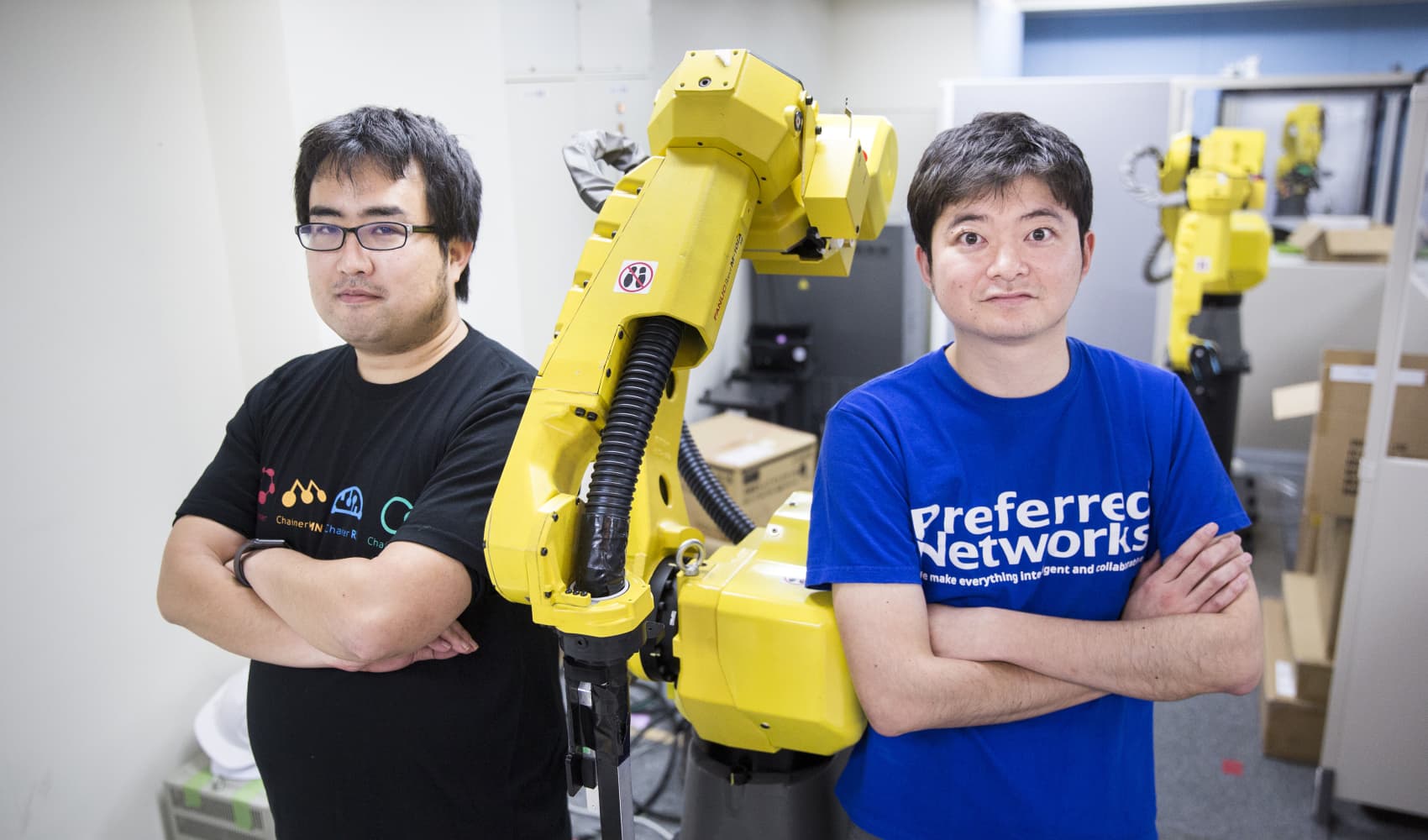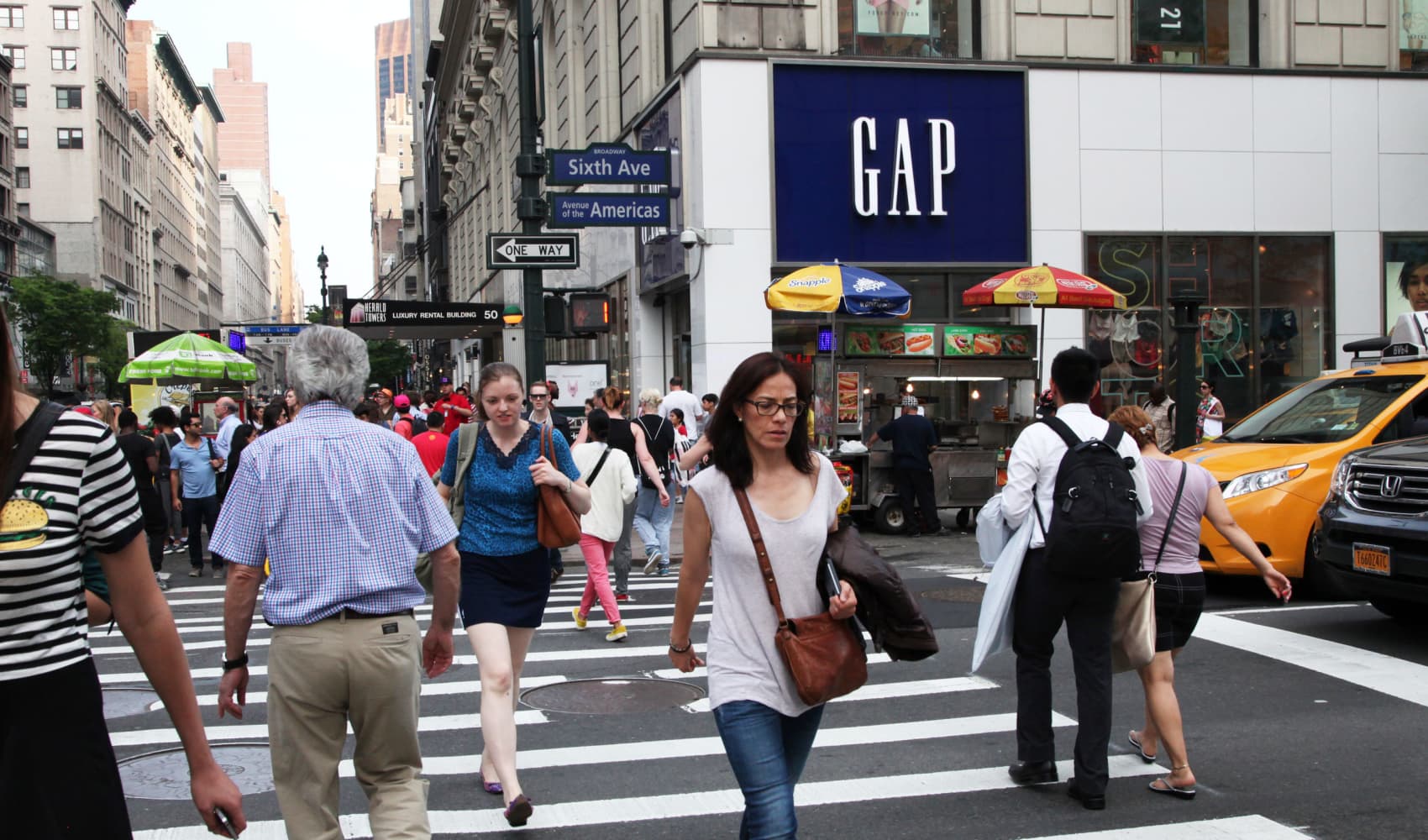
The Supreme Court ruled Thursday that affirmative action policies at Harvard and the University of North Carolina that consider a student's race for college admissions are unconstitutional.
The court ruled in favor of the Students for Fair Admissions, a group created by conservative legal strategist Edward Blum, in two separate cases against Harvard and UNC which alleged the institutions discriminated against Asians in the application review process.
"The opinion issued today by the United States Supreme Court marks the beginning of the restoration of the colorblind legal covenant that binds together our multi-racial, multi-ethnic nation," Blum said in a statement. "A university doesn't have real diversity when it simply assembles students who look different but come from similar backgrounds and act, talk, and think alike."
The court's decision is not surprising but "disappointing" nonetheless, says Julian Taylor, a rising junior and member of the Affirmative Action Coalition at UNC Chapel Hill. "I think Black and Brown students will suffer in admission rates."
Get top local stories in Southern California delivered to you every morning. Sign up for NBC LA's News Headlines newsletter.
UNC is overall more diverse than the state itself, though the school has fewer Black students (9%) than the general population (22%).
Despite the ruling, Taylor says he hopes universities will find alternative ways to consider an applicant's race "thoroughly and through an equitable lens."
Chief Justice John Roberts wrote in the majority opinion that the decision does not prohibit universities from "considering an applicant's discussion of how race affected his or her life, be it through discrimination, inspiration, or otherwise."
Money Report
Students call for thorough and equitable admissions
Other members of the UNC Affirmative Action Coalition plan to continue advocating for efforts to make higher education more equitable at UNC and at other institutions.
"In a climate where diversity is increasingly under attack, we will not be discouraged by this ruling," coalition members wrote in a statement. "We must continue to fight for the opportunities of historically resilient and underrepresented communities at UNC and across the country."
In a message to the UNC-Chapel Hill campus, Chancellor Kevin Guskiewicz wrote that the decision is "not the outcome we hoped for" but that the university will "respect the Supreme Court's decision and will follow its guidance."
"Our leadership team will need time to thoroughly review the details of this outcome and its potential impact before determining specifically how we will comply with this decision," he wrote.
Looking ahead, Taylor hopes to see UNC and other universities make long-term inclusivity efforts such as making ACT and SAT testing optional to apply; eliminating admissions preferences for children of university alumni; and overall improving diversity, equity and inclusion education in high schools and universities to "make campuses more welcoming."
"Students are not numbers," Taylor says. "They bring more than what a grade or SAT can determine, so anything we have in the admissions process to view students more holistically as they are is very important. It's sad to see that diminished today."
'Access to higher education is a critical part of reducing racial disparities'
Sarah Paiji Yoo graduated from Harvard in 2006 before attending Harvard Business School. The CEO and founder of the sustainability brand Blueland has been vocal about the importance of maintaining affirmative action policies at top colleges.
"My own diverse learning environment at Harvard 15 years ago was critical to my own academic and career success," she tells CNBC Make It. "Yes, in an ideal world, race wouldn't be considered in admissions, because in the ideal world everyone has access to the same kind of resources and there would be no systemic racism. But that is not the world today, and affirmative action and access to higher education is a critical part of reducing racial disparities and more diversity in our workplaces and in senior leadership roles across society."
As a parent to two kids, ages 6 and 2, she adds that she is "more deeply committed now than ever, in light of today's decision, to continue to fight for educational equity. And I am hopeful that our efforts will eventually prevail, and that my own children will not experience the feared implications of today's decision on their own future college experiences of declines in diversity."
Research has shown that the removal of affirmative action has led to declines in minority admissions at universities.
"We will comply with the Court's decision, but it does not change our values" in building "a thriving, diverse intellectual community," Harvard president-elect Claudine Gay said in a video message. "The Supreme Court's decision will change how we pursue the educational benefit of diversity, but our commitment to that work remains steadfast."
Speaking to future students, she added, "Know that we want you here."
Overturning 40-plus years of affirmative action in colleges
The Supreme Court's decision overturns the precedent set by Regents of University of California v. Bakke in 1978, which ruled universities could consider race as one of many factors in college applications. Many selective U.S. universities have since used race-conscious admissions policies for decades to boost enrollment of minority students and improve the diversity of their student body.
Americans differ on how they view affirmative action policies. Half of U.S. adults disapprove of selective colleges considering race and ethnicity in their admissions policies, and one-third approve, according to Pew data.
Black and Hispanic Americans are more likely to approve of the use of affirmative action in college admissions decisions. Among Asian Americans, 53% who have heard of affirmative action believe it is a good thing, though just 21% of Asian adults overall say race or ethnicity should be considered in college admissions decisions, according to Pew.
Want to be smarter and more successful with your money, work & life? Sign up for our new newsletter!
Get CNBC's free report, 11 Ways to Tell if We're in a Recession, where Kelly Evans reviews the top indicators that a recession is coming or has already begun.
Check out: The Supreme Court is set to rule on Biden’s student debt forgiveness plan—here’s what’s at stake






